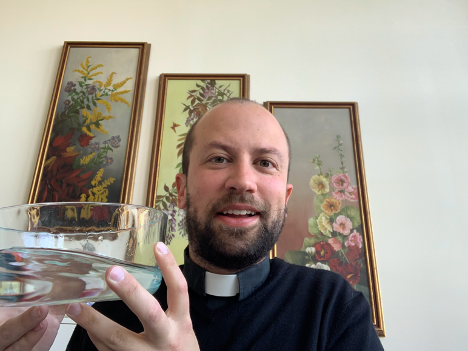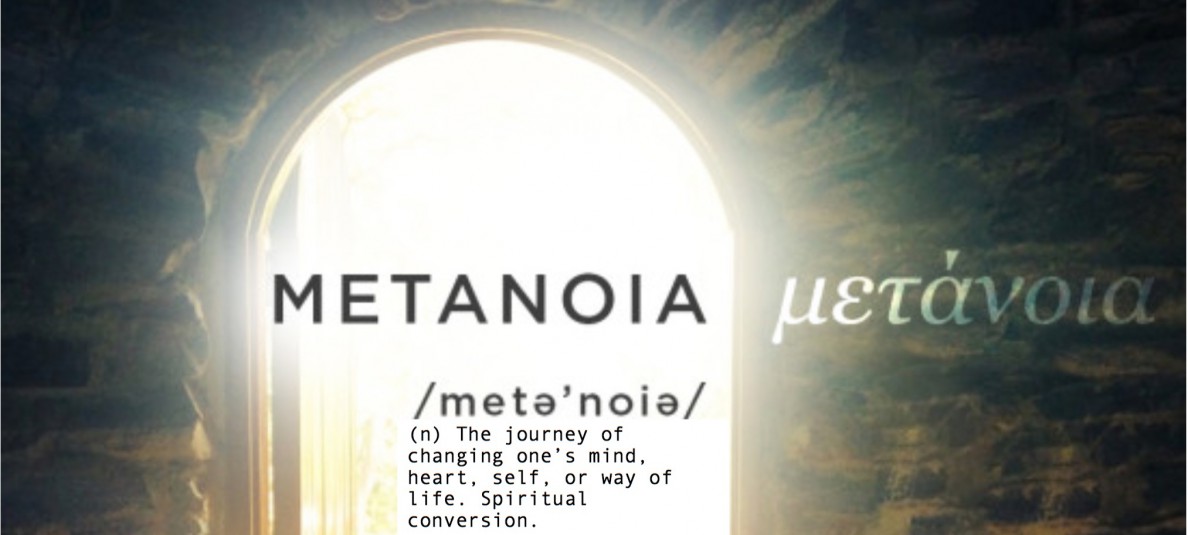Click Here for the Lectionary Texts
By: The Rev. Joseph Graumann
Altars are like people: they come in all kinds, and some people concern themselves far too much with how they are dressed.
One altar that made quite the impression was that of my year one field education parish. This church was large and beautiful, and the entire chancel, including the wine-glass pulpit, were made of marble. There was a “Waltar”[1] made of marble and a very large wooden free-standing altar, upon which was carved “In remembrance of me.” Two marble steps up from the rest of the nave and a marble altar rail separated these two holy tables from the rest of the sanctuary. And yes, the altar wore designer clothes. A Tiffany stained glass window of the resurrection overlooked the whole affair, as if the morning sunlight could use some improvement.
Worship at this parish was beautifully done. The music stirred the soul and glorified God. The pastors preached with integrity and verve. The sanctuary overflowed of happy families, and the needs of the community were lifted up in prayer, and the announcements engaged the congregation in mission. The congregation leveraged about one million dollars a year into a vibrant mission and much help for their neighbors. God was—and remains—certainly at work in this big, beautiful, successful church.
James and John could be forgiven for thinking that discipleship was always going to be a “marble chancel” kind of work. They rather audaciously asked Jesus for places of honor at the divine banquet. I’d imagine they thought of themselves resplendent in rich brocades, with a heavenly Tiffany light cast upon them, having heard much of the glory of the Lord. After all, their teacher had been transfigured, and he was going about healing people and multiplying bread. Surely, Jesus brought with him joy and reconciliation. Who wouldn’t want a part of that?
Jesus has strong words for his ambitious disciples. He reminds them that he’s going to the cross, in fairly strong terms: “Are you able to drink the cup that I drink, or be baptized with the baptism that I am baptized with?”[2] He pledges that they will share in both, and he’s talking about his death. And also the sacraments.
Both Baptism and Holy Communion are cruciform. In Baptism, we die with Jesus, drowning to sin and rising again to new life. In Holy Communion, we remember that “Christ has died. Christ has risen. Christ will come again,” and we take that paschal mystery into our bodies. We celebrate the forgiveness of sin in both sacraments, and with forgiveness there is eternal life. Yet, it can be easy to forget that in each of these sacraments, there too is death: the death of sin and the death of death itself.
Jesus reminds his disciples that this cruciform pattern defines the Christian life. To follow Jesus is to daily die and rise again. The topsy-turviness of following Jesus overpowers death, and it overpowers social convention along with it. To die to sin is to die to the sin of pride and position. He rightly identifies the Roman customs of status and patronage as contrary to his reign. To become great, he says, you must be a servant. To be highest is to become the most lowly. Jesus does this on the cross.
As church leaders, we find ourselves gathered around the Lord’s supper quite often. It’s easy to believe that the mahogany altar standing on marble steps is the pinnacle of Christian practice. Make no mistake: God’s banquet is worthy of our best. Yet, my most cherished memories of feasting on Jesus feature much simpler furniture.
How often has a hospital tray become the holiest of holies! The words, “Given for you,” and “Shed for you,” mark the transformation of simple bread and wine into the body and blood of Jesus. Similarly, a kitchen or a waiting room can become the grandest of churches. All this is possible because of the presence of the Most High, who became the lowliest of all on a cross and who rose in glory to bring us eternal life.
The church, with its great diversity, gathers around many tables each Sunday. Some are grand, and others much more simple. At each of these tables, the risen Christ holds out his wounded hands so that we could hold out our hands to a wounded world. We leave this banquet with bellies full of the Bread of Life, eager to feed others.
[1] An East-Facing altar or altar attached to a wall. You’re welcome!
[2] Mark 10:38, NRSV.

